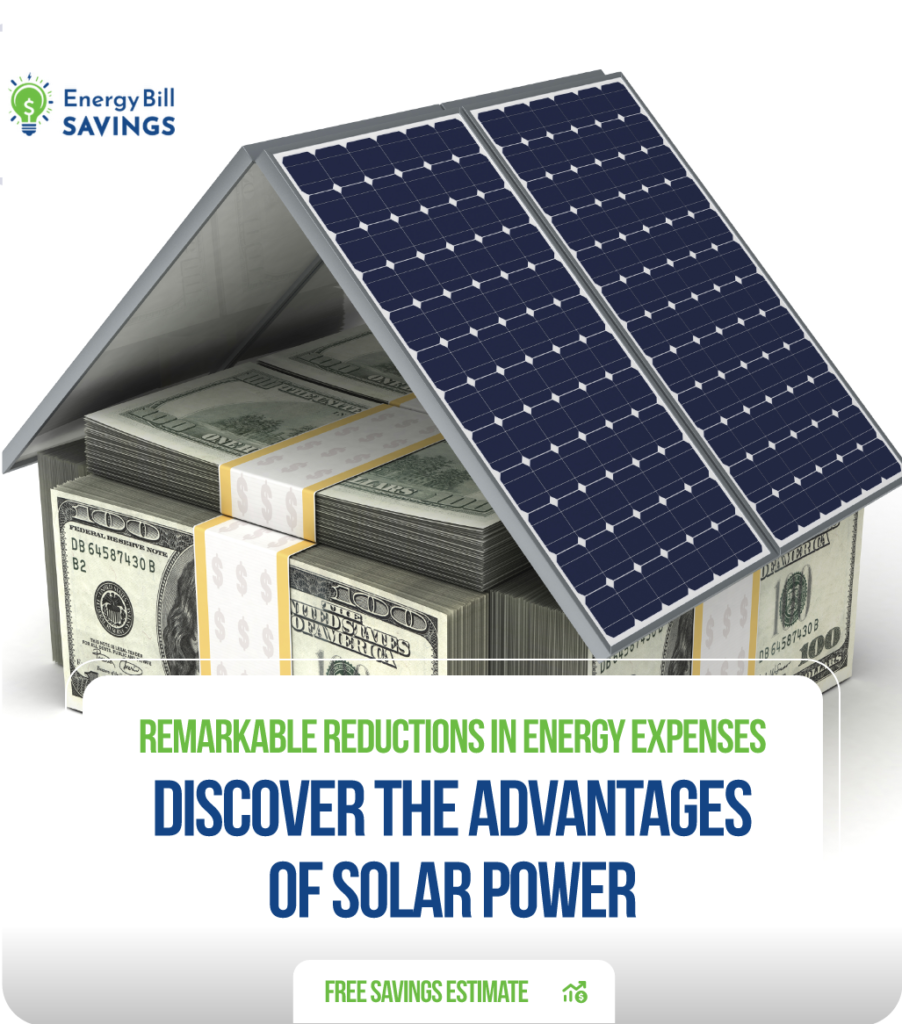Solar panels are known for their durability and longevity, typically lasting for several decades with proper maintenance. Here are some key points regarding the lifespan of solar panels:

- Warranty Period: Most solar panel manufacturers offer warranties ranging from 25 to 30 years. These warranties typically guarantee that the panels will still produce a certain percentage of their rated power output after the specified number of years. For example, a common warranty might guarantee that the panels will still produce at least 80% of their rated power after 25 years.
- Degradation Rate: Solar panels experience a gradual decline in performance over time, known as degradation. The rate of degradation varies depending on factors such as panel quality, environmental conditions, and maintenance practices. On average, high-quality solar panels degrade at a rate of around 0.5% to 1% per year.
- Factors Affecting Lifespan: Several factors can influence the lifespan of solar panels:
- Quality: The quality of the materials and manufacturing process can affect how well solar panels withstand environmental stressors and maintain performance over time.
- Environmental Conditions: Factors such as temperature, humidity, sunlight exposure, and air quality can impact the longevity of solar panels. For example, extreme temperatures and exposure to saltwater or pollutants can accelerate degradation.
- Installation and Maintenance: Proper installation and regular maintenance can help extend the lifespan of solar panels. This includes ensuring panels are securely mounted, keeping them clean from dirt and debris, and promptly addressing any issues such as shading or damage.
- Technology Advancements: Ongoing advancements in solar panel technology, such as improvements in materials and design, may lead to even longer lifespans and better performance in the future.
- End-of-Life Considerations: While solar panels have long lifespans, they eventually reach the end of their usable life. At this point, they can still retain some value through recycling programs, which recover materials such as glass, aluminum, and silicon for reuse in new products. Proper recycling helps reduce waste and environmental impact while maximizing the value of solar panel investments.
Overall, solar panels are designed to be durable and reliable, offering decades of clean energy generation. With appropriate care and maintenance, they can continue to produce electricity efficiently long into the future, contributing to a sustainable energy transition.


